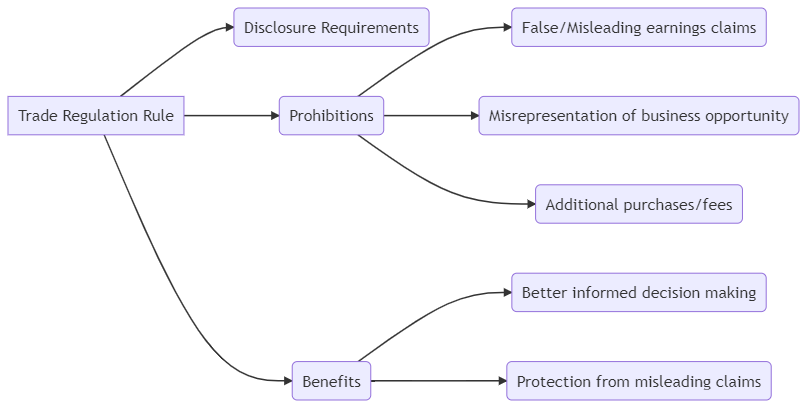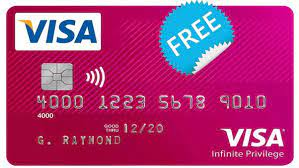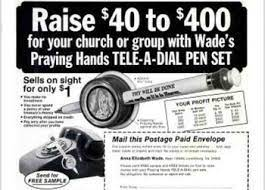
The Truth About Get-Rich-Quick Schemes
Get-rich-quick pyramid schemes may have been around for centuries, promising quick and easy riches to new investors with little to no effort. However, the truth is that these pyramid schemes rarely work and leave people worse off than before. In this article, we will explore the dangers of get-rich-quick plans and provide tips on how to avoid them.
What are Get-Rich-Quick Schemes?
Get-rich-quick schemes are fraudulent investment opportunities or scams that promise high returns with little effort. They often involve paying a fee to join a program or purchase or sell a product that promises to make you rich quickly. Some common examples of get-rich-quick schemes include pyramid schemes, Ponzi schemes, and multi-level marketing programs.
The Dangers of Get-Rich-Quick Schemes
The allure and promise of get-rich-quick pyramid schemes are hard for most people to resist, but their dangers are genuine. Many people who fall for these pyramid schemes lose their life savings or go into debt. Additionally, get-rich-quick pyramid schemes often involve illegal activity, leading to legal trouble and criminal charges.
How to Spot a Get-Rich-Quick Scheme
Spotting a get-rich-quick illegal pyramid scheme can be challenging, but there are some red flags to look out for. For example, if an opportunity promises unrealistic returns or requires a large upfront payment, a telltale sign that it is likely a pyramid scam. Additionally, if the program focuses more on recruiting new members than selling a product, a sign that it is likely a pyramid scheme scam.
How to Avoid Get-Rich-Quick Schemes
The best way to avoid get-rich-quick schemes is to research and be skeptical of any opportunity or pyramid scheme that promises quick and easy riches or quick money. Always read the fine print and ask questions before investing your money. Additionally, never invest more money than you can afford to lose.

What is MLM?
MLM, or multi-level marketing, is a business model where individuals earn income by promoting and selling products or services to consumers while recruiting recruits and building a team of other salespeople. This team then earns a commission on their sales to customers and the sales of the people they recruit to recruit and sell products to customers.
The pay structure of MLM can vary depending on the company. Still, generally, several levels of compensation are paid out based on the performance of the company and paid-out bonuses to individual distributors and their teams. In addition, MLM companies can offer various products and services, including health supplements, beauty products, and home goods businesses.
Benefits of MLM
One of the primary benefits of an MLM program is that it can provide individuals with a flexible and potentially lucrative source of passive income again. An MLM program can allow for millions of more dollars for people to work from home, set their hours, own pay, and be their own boss again. It can also provide a low-cost way to start a business, as many MLM companies offer starter kits and training programs.
Additionally, MLM can provide individuals with valuable sales and marketing skills and allow new distributors and participants to build a network of contacts through social media and connections online. Finally, for those passionate about marketing or selling a particular product or service, MLM can also provide a way for new participants to share that passion with others and earn money.
Drawbacks of MLM
While there are potential benefits to MLM, there are also some significant drawbacks to consider. One of the primary concerns with MLM is that it can sometimes be difficult to distinguish between a legitimate opportunity and a scam.
Some MLM companies and distributors may make false or misleading claims about their actual products or earnings potential to recruit or keep participants or pressure individuals to pay to recruit others and purchase large amounts of company inventory.

In today’s world, it is becoming increasingly critical for new investors to be informed about legitimate business opportunities and to make the right decisions when pursuing them. In addition, with so many scams and fraudulent schemes out there, knowing how to protect yourself and your assets is essential.
That’s where the FTC’s Trade Regulation Rule comes in. This article will explore the disclosure requirements and prohibitions concerning legitimate business opportunities under the FTC’s Trade Regulation Rule and how they can help you stay safe and avoid scams.
Understanding the Trade Regulation Rule
The Trade Regulation Rule is a set of guidelines established by the FTC to regulate the sale and marketing of business opportunities. It requires that sellers of business opportunities provide prospective customers and buyers with specific disclosures about the opportunity, including information about the seller, the business, and any earnings claims made by the seller.
These disclosures must be made in writing and provided to the buyer at least seven days before the buyer signs any agreement or completes any payment.
Prohibitions under the Trade Regulation Rule
The Trade Regulation Rule also prohibits certain practices by sellers of business opportunities. For example, it prohibits sellers from making false or misleading earnings claims or misrepresenting the business opportunity’s nature.
Sellers are also prohibited from requiring the program buyer to make any additional purchases or pay any further fees as a condition of participating in the job-doing or business opportunity program.
Benefits of the Trade Regulation Rule
The Trade Regulation Rule significantly benefits consumers considering purchasing a business opportunity. Buyers and investors are better equipped to make informed decisions about pursuing the opportunity by requiring sellers to provide detailed disclosures.
The prohibition on false or misleading earnings claims also helps to protect buyers and investors from being misled into making money by selling or investing in a business, scheme, or opportunity or scheme that may not be profitable.

How to Protect Yourself
While the Trade Regulation Rule provides valuable protections, it is still essential for consumers to do their due diligence when considering a business opportunity. Here are some tips to help you protect yourself:
Research the company and its track record before investing any money.
Be wary of any business or job opportunity that promises quick and easy profits.
Consult with a trusted advisor, such as an attorney or accountant, before using money or making investment decisions online.
Be sure to pay enough to read and understand all the disclosures provided by the company’s seller selling the business opportunity.
Do not be pressured by social network marketing and social media sites into making a quick decision. Take the time to evaluate the sales and marketing opportunities and make an informed decision carefully.
Conclusion
The Trade Regulation Rule is essential for protecting consumers from fraudulent business opportunities. By requiring detailed disclosures and prohibiting certain practices by sellers, the Rule helps consumers make informed decisions about whether to pursue a business opportunity.
However, it is still essential for consumers to do their due diligence and protect themselves from scams when considering any investment opportunity. By following the tips outlined above, consumers can help ensure that they make sound investment decisions and avoid becoming victims of fraud.

CoopBusiness is a revolutionary cooperative business-building platform that empowers individuals to become entrepreneurs, business owners, and financially independent.
As a member, you’ll receive top-level business mentorship, access to our proprietary business systems, and the opportunity to access the funds you want to turn your business ideas into reality.